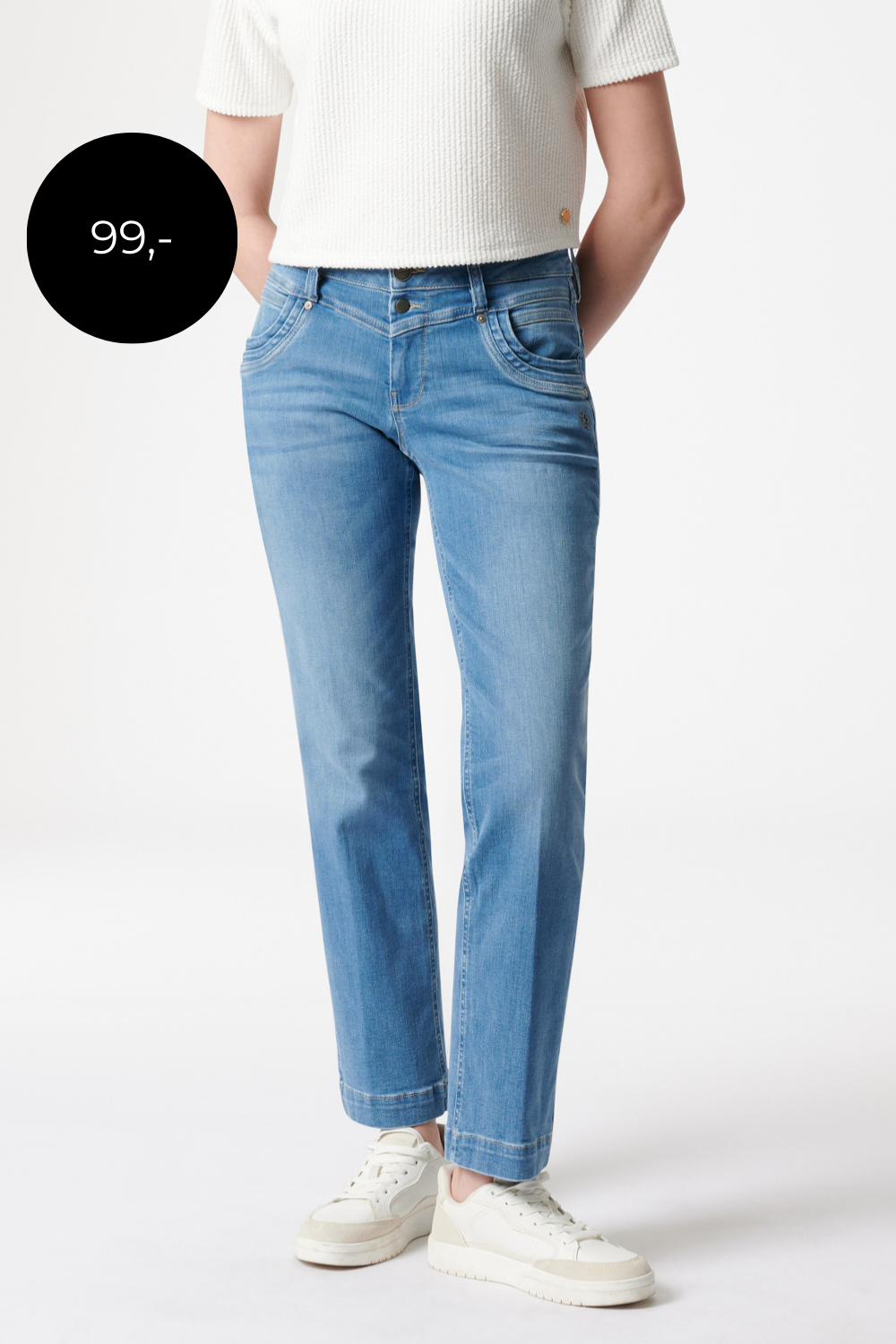
Fast fashion brands: Who is behind them – and what are the alternatives?
What are fast fashion brands?
Fast fashion brands are fashion labels that operate with particularly fast production cycles and extremely low prices. They continually launch new collections, often weekly. The clothing is generally trendy, affordable—and short-lived. Well-known names like Zara, H&M, Primark, and online giants like Shein and Boohoo are representative of this business model.
The principle behind it: to bring fashion from sketch to shop window as quickly as possible. Trends are implemented in real time, large quantities are produced, and if an item doesn't sell well, it is promptly discarded. What sounds like fashionable diversity actually means enormous strain on people and the environment. For consumers, this means constant stimuli, new must-haves, and the feeling that you never have enough. At the same time, items of clothing lose their value – they are no longer perceived as something lasting, but as consumer goods with an expiration date.
The most popular fast fashion brands – a brief overview
Many consumers regularly buy from these brands – often without considering their origins. Here's a selection of particularly well-known providers:
- Zara : New collections every week, fast response to fashion trends.
- H&M : One of the largest retailers worldwide with its own sub-brands such as Divided and Conscious.
- Primark : Extremely low prices, very large quantities.
- Shein : Online-only, ultra-fast product cycles, huge range.
- Boohoo & PrettyLittleThing : Particularly popular with Gen Z, aggressive influencer marketing.
These brands dominate the high streets and online shops – but they also represent overproduction, textile waste, and, in many cases, questionable working conditions. They often advertise sustainability promises that are barely comprehensible in practice – so-called greenwashing. The question, then, is: Do you want to continue supporting this dynamic – or choose alternatives that focus on value rather than speed?
What problems do fast fashion brands cause?
The price for cheap clothing is paid elsewhere: in textile factories with poor working conditions, through the use of environmentally harmful chemicals, and through tons of discarded clothing. Studies show that around 60% of the clothing produced is thrown away within a year. Added to this are long transport routes and the massive use of synthetic fibers that release microplastics during washing.
The lifespan of a garment is often only a few months – not because it's out of fashion, but because it's of inferior quality. Many shirts warp after the first wash, zippers jam, and colors fade. What remains is frustration – and a growing pile of unworn clothing. We at Glücksstern want to offer an alternative – with Sustainable jeans for women that are fairly produced, of high quality, and consciously designed. No rush, no hecticness—but instead with responsibility, longevity, and true style.

What are sustainable alternatives to fast fashion labels?
They do exist – brands that consciously opt out of fast-fashion. Labels like Armedangels, Lanius, Veja, and even us at Glücksstern focus on transparency, durable materials, and fair conditions. These companies pursue a holistic approach: They not only question how fashion looks, but also how it affects people, the environment, and our consumer behavior.
Our collections are created with quality in mind, not quantity. Our Our sustainable dresses and trousers are made in Europe from carefully selected fabrics, such as organic cotton, TENCEL™, or recycled materials. For us, sustainable fashion also means: It has to fit your everyday life. It has to fit well, feel good, and last. Those interested in our philosophy will find further fascinating insights into materials, production, and values in this article . Because behind every garment lies a decision—and we make it with conviction.
Conclusion: Make conscious decisions instead of buying thoughtlessly
Fast fashion brands are ubiquitous – and they make it easy to shop quickly and cheaply. But with every purchase, we support a system based on exploitation and the waste of resources. Choosing fair fashion makes a difference – not just in your own closet, but globally. It's not about living a perfectly sustainable lifestyle – it's about consuming more consciously. Buy less, but choose better. Ask more about what's behind the price. And above all: learn to appreciate fashion again.
At Glücksstern, we believe that style isn't loud, but honest. That quality isn't a luxury, but a promise. And that every garment should tell a story that goes beyond trends.
Discover our Sustainable jeans for women – produced fairly, long-lasting and stylishly.

